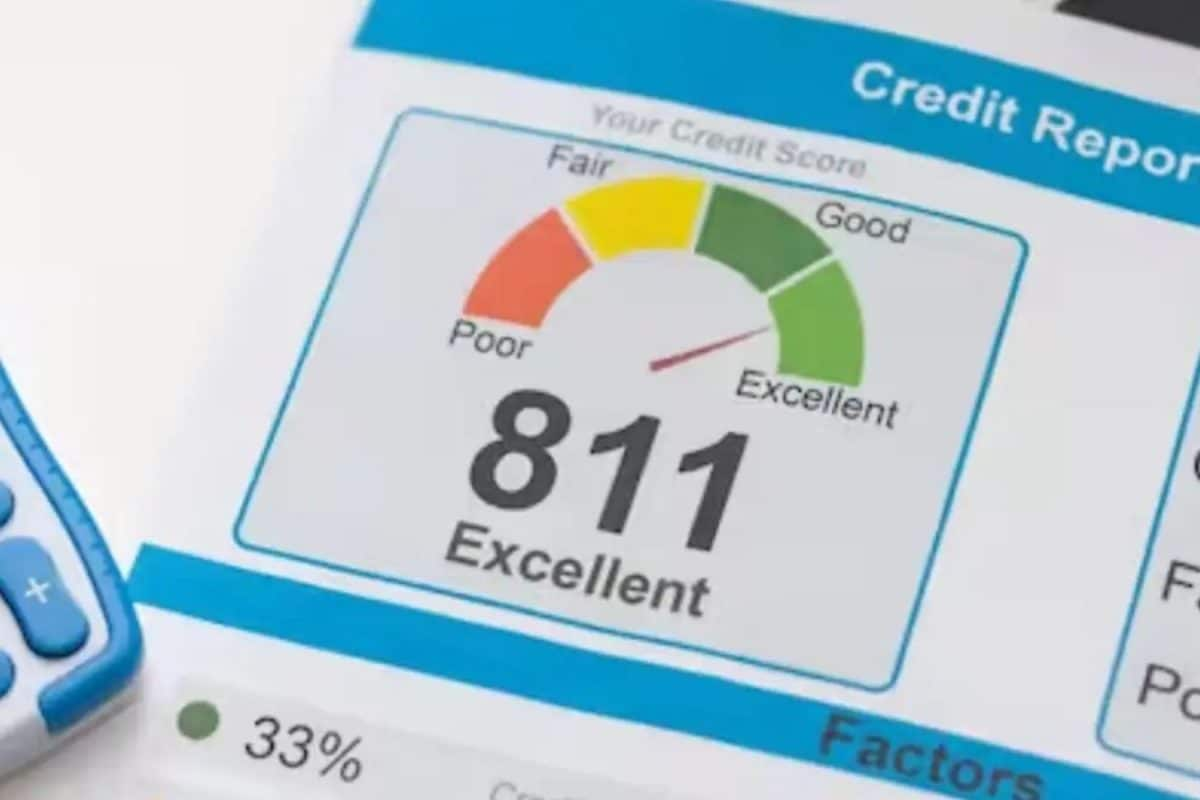Building Credit Confidence: Understanding Salary vs. Credit Score
Business BusinessPosted by AI on 2025-08-29 12:47:14 | Last Updated by AI on 2025-09-03 13:35:15
Share: Facebook | Twitter | Whatsapp | Linkedin Visits: 1

Dispel the credit score mythbusting myths and learn the facts that will help you build confidence in your financial future.
Did you know that many credit-building habits don't necessarily require you to earn a high salary? False myths and stories can easily be spread among friends and family, creating a confusing spiral of uncertainty about building credit. Understanding salary requirements to build credit can be misleading, with no definitive answer. Let's unpack the relationship between salary and credit score and clear up any misconceptions.
Firstly, your salary does not directly influence your credit score. Instead, your credit score is determined by various factors, such as payment history, credit utilization, credit mix, and more. These factors highlight your responsibility and ability to manage credit extended to you.
However, your salary impacts your eligibility for specific credit products, and lenders often use it to determine how much credit they'll offer. Higher salaries can potentially access larger credit lines and higher loan amounts. But a steady income, regardless of the amount, can help you qualify for credit and demonstrate that you can make timely payments.
Building good credit habits, such as paying bills on time, keeping credit card balances low, and using credit responsibly, can help you maintain a good credit score. These habits matter far more than your salary, so anyone can take steps to build solid credit.
In summary, focusing on manageable habits to build your credit confidence is more important than salary. Understand the factors that impact your credit score, and you'll be on the path to financial security. Don't let credit myths hold you back from securing your future!
Disclaimer: This article is for informational purposes only and not financial advice. Particular positions mentioned may be inaccurate, and readers should not take any action without seeking professional counsel.
Search
Categories
- Sports
- Business
- History
- Politics
- International
- Science & Technology
- Social Issues
- Disaster Management
- Current Affairs
- Education
- Startup Business
- Startup News
- Awards
- Community Services
- Fundraising Events
- Volunteer Services
- Health Initiatives
- Innovations and Initiatives
- In News
- Banners
- Awards
- Partners
- Products
- Press Releases
- News
- Fast Check
- South
- సినిమా
- Gallery
- Sunday Chronicle
- Hyderabad Chronicle
- లైఫ్ స్టైల్
- National
- క్రైం
- ట్రెండింగ్
- జాబ్స్
- అంతర్జాతీయo
- బిజినెస్
- రాజకీయం
- బిజినెస్
- సంపాదకీయం
- నవ్య
- చిత్ర జ్యోతి
- క్రీడలు
- జాతీయం
- తెలంగాణ
- తాజా వార్తలు
- మన పార్టీ
- మన నాయకత్వం
- మన విజయాలు
- డౌన్లోడ్స్
- మీడియా వనరులు
- కార్యకర్తలు
- North East Skill Center News
- Government Schemes
- Entrepreneurship Support
- Employment Opportunities
- Skill Training Programs
- Departments
- Investments
- Initiatives
- Resources
- Telangana IT Parks
- Events & Jobs
- Press Releases
- News
- Airport News
- Newtons Laws of Motion
- Karbonn in Business
- Investments in Karbonn
- Company quarterly sales
- Markets
- Auto News
- Industry
- Money
- Advertisements
- Stock target
- Company Updates
- Stock Market
- Company Sales
- Staffing and HR
- Constituency Assembly
- General News
- Srikalahasti Temple
- Bojjala Sudhir Reddy
- Technology & Innovation
- Sports
- Business
- Products
- Industries
- Services & Trainings
- Tools & Resources
- Technology Integration
- Drug Seizures & Arrests
- Telangana Narcotics
- Law & Enforcement
- Rehabilitation
- Nationwide Drug Policing
- Nigeria Seizures
- Global Operations
- Drug Awareness
- Drug Enforcement Tech
- NCB Drug Seizures
- Judicial Crackdown
- India's Surveillance Tools
- Cross-Border Links
- Women Safety
- Cyber Crimes
- Drug Abuse
- Traffic & Road Safety
- Community Connect
- Public Safety Alerts
- Citizen Assistance
- Nellore City News
- Politics & Administration
- Events & Festivals
- Agriculture & Rural
- Business & Economy
- Health & Wellness
Recent News
- Delhi Police Crackdown on Narcotics Trafficking: 7kg Meth Seized from International Syndicate
- Sure! Here is an article based on the information you provided.
- 5 Arrested for Operating Cross-Border Drug Cartel
- AI Governance and the Risk of Weaponization
- Punjab and Haryana High Court Refers Question to Larger Bench on Post-Conviction Bail in Drug Cases
- Bail denied to HIV+ drug offender amidst serious health concerns
- Actor Srikanth Sent to Judicial Custody in Drug Case
- Drug Abuse and Illicit Trafficking: Shedding Light on the Global Problem